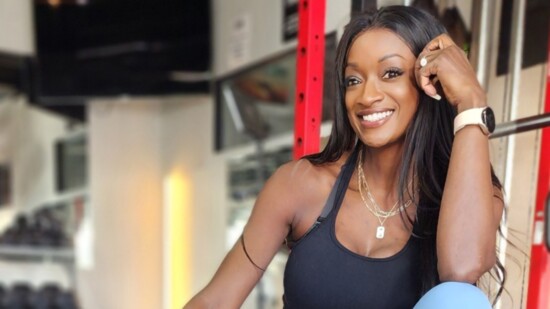When it comes to building muscle and reducing body fat, proper nutrition is just as important as your workout routine. What you eat fuels your progress, supports recovery, and helps maximize the results you’re working hard to achieve. One of the most crucial components of your diet is protein, which plays a key role in muscle growth and repair. To help you navigate the complexities of fitness nutrition, we’ve compiled a list of frequently asked questions that will guide your dietary choices and ensure you’re fueling your body for success.
What is the recommended protein intake for adults?
Dos: Aim for at least 0.36 grams of protein per pound of body weight. For those looking to build muscle, it’s often recommended to increase this to about 0.5 to 0.9 grams per pound, depending on your workout intensity and goals.
Don'ts: Avoid drastically cutting calories or protein in the belief that it will lead to quicker fat loss. Sustainable and healthy weight loss should prioritize balanced nutrition.
How can I incorporate more protein into my meals
Dos: Add protein-rich snacks like Greek yogurt, cottage cheese, or hard-boiled eggs to your diet. Protein powders can also be a convenient solution—try adding vanilla-flavored protein to your coffee instead of creamers to boost your intake.
Don'ts: Don’t overlook the importance of whole food sources. Relying solely on protein shakes instead of real food may cause nutrient deficiencies.
Should I eat before or after my workout?
Dos: Consume a balanced meal with protein and complex carbohydrates about 1-3 hours before your workout. Post-workout, aim for a mix of protein and carbs to aid recovery. A protein shake with a banana can be highly effective.
Don'ts: Avoid heavy meals immediately before exercising, as they can lead to discomfort and hinder performance.
What are good sources of protein?
Dos: Focus on lean meats (chicken, turkey, fish), plant-based proteins (lentils, chickpeas, tofu), and dairy products. Eggs and protein-rich grains like quinoa are also excellent options.
Don'ts: Stay clear of highly processed protein sources that may be loaded with sugar and unhealthy fats.
Is it okay to snack while trying to lose fat?
Dos: Yes! Healthy snacks can keep your energy levels stable. Opt for nuts, seeds, or veggie sticks with hummus to support your fitness goals.
Don'ts: Avoid high-calorie, low-nutrient snacks like chips or sugary treats that can lead to overeating and sabotage your progress.
How important are carbohydrates in my diet?
Dos: Carbohydrates are crucial for energy, particularly if you’re engaging in regular workouts. Choose complex carbs such as whole grains, fruits, and vegetables for sustained energy.
Don'ts: Don't fear carbs entirely; cutting them out can negatively impact performance and recovery. Instead, focus on the quality and portion sizes.
How can I stay hydrated?
Dos: Drink plenty of water throughout the day, especially before and after workouts. Herbal teas and water-rich fruits and vegetables also contribute to hydration.
Don'ts: Avoid sugary drinks and excessive caffeine, as they can lead to dehydration and energy crashes.
Are there any meal prep tips I should follow?
Dos: Plan and prepare your meals in advance. Batch-cook protein sources and portion out veggies and grains to streamline your week.
Don'ts: Don’t let meal prep become a chore. Make it enjoyable by experimenting with new recipes and flavors to keep things fresh.
Nutrition is a cornerstone of your fitness journey. Achieving your muscle-building and fat-loss goals goes beyond lifting weights or logging miles—what you eat plays a critical role in shaping your success. By focusing on protein intake, making mindful food choices, and maintaining balance in your diet, you can fuel your body for optimal performance and recovery. Every small change you make adds up, so let your food be the fuel that drives your results. Stay motivated and committed to making nutrition a powerful part of your fitness routine!
Michelle Johnson
INFAMOUS PHYSIQUE
After overcoming health obstacles, where Michelle suffered from hyperthyroidism, pulmonary hypertension and was in the beginning stages of heart failure, she focused solely on achieving her own health and fitness goals and made a commitment to use her skills, experience and journey to help others. Understanding that losing weight and gaining muscle can be a challenge, her goal is to help you overcome hurdles and reach your personal goals. She analyzes your body type, BMI, and metabolism to create your individualized fitness and nutrition plan. With years of success and experience, she, along with her Certified Personal Trainers, will develop a workout routine, meal plan, and overall strategy for achieving your fitness goals. They will help you see results sooner than going at it alone. Helping you avoid injury, lose fat, gain muscle, and break through plateaus. Showing you how to set realistic goals, hold you accountable, and challenge you to be better, all in a safe, private by appointment training gym.
Every small change you make adds up, so let your food be the fuel that drives your results.
